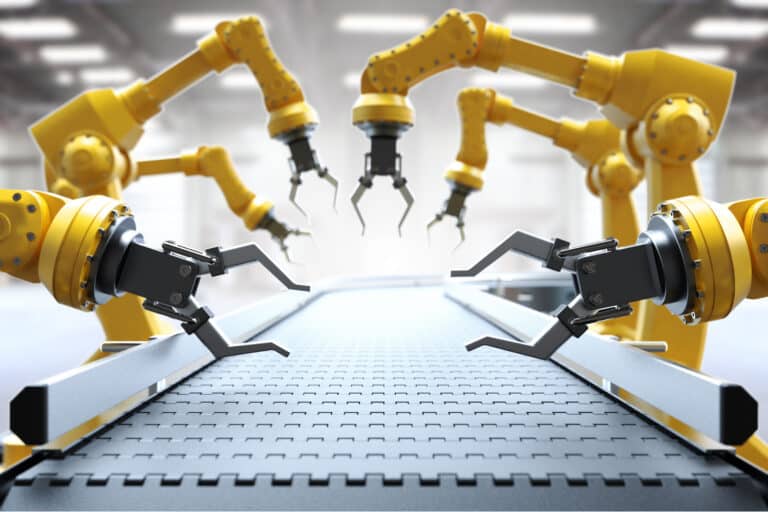The new company’s goal: “to support a shift towards a more sustainable and equitable way of making things.”
Google’s parent company Alphabet this week announced a new venture that will focus on “training” industrial robots. The goal of the new venture is to make robots easier and more affordable to use.
Intrinsic is the name of the new venture. It is a product of Alphabet’s famed X research lab. That is Alphabet’s “skunk works” that develops emerging technology projects. When one of their projects shows promise, the lab X spins it off into an independent unit. That unit will then operates similarly to a startup, but under Alphabet’s full control.
Intrinsic started as an internal X lab project about five and a half years ago. Since then, the project has developed a prototype version of its technology and tested it with a number of external partners.
Now Intrinsic has emerged out of the lab and into the wild. This means it is ready to complete development of the technology and commercialize it.
Making the world greener through smarter robotics?
Intrinsic’s new Chief Executive Officer Wendy Tan-White detailed the launch in an announcement last week. “Intrinsic is working to unlock the creative and economic potential of industrial robotics for millions more businesses, entrepreneurs, and developers,” she wrote.
“We’re developing software tools designed to make industrial robots (which are used to make everything from solar panels to cars) easier to use, less costly and more flexible, so that more people can use them to make new products, businesses and services.”
Tan says her company’s mission is to deliver access to these “incredible” productivity tools. This in turn will “support a shift towards a more sustainable and equitable way of making things.”
“Currently just 10 countries manufacture 70% of the world’s goods,” she points out. “This means most things are made far away from their end consumers.” Tan says this drives global transport emissions, and that many countries and businesses miss out on economic opportunities.
“Even countries with strong manufacturing sectors need help meeting demand: the US manufacturing industry alone is expected to have 2.1 million unfilled jobs by 2030,” she adds.
Tan then closes her post with a pitch. “We are currently looking for partners in the automotive, electronics, and health care industries who are already using industrial robotics and want to learn together,” she writes.
